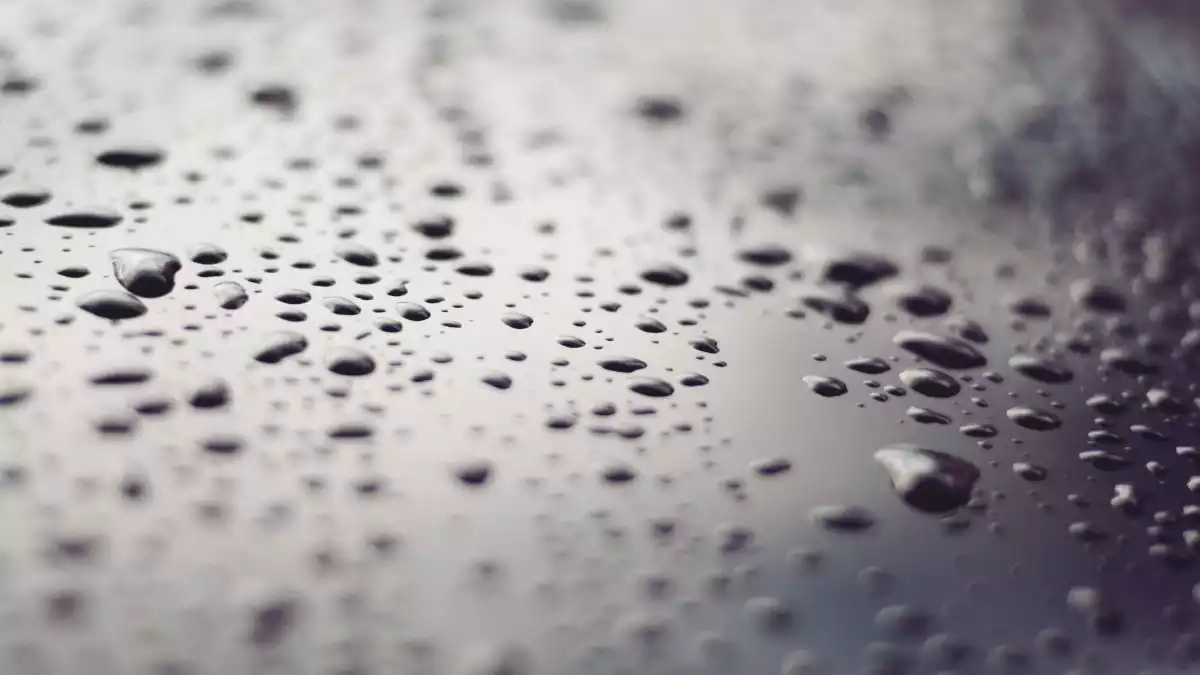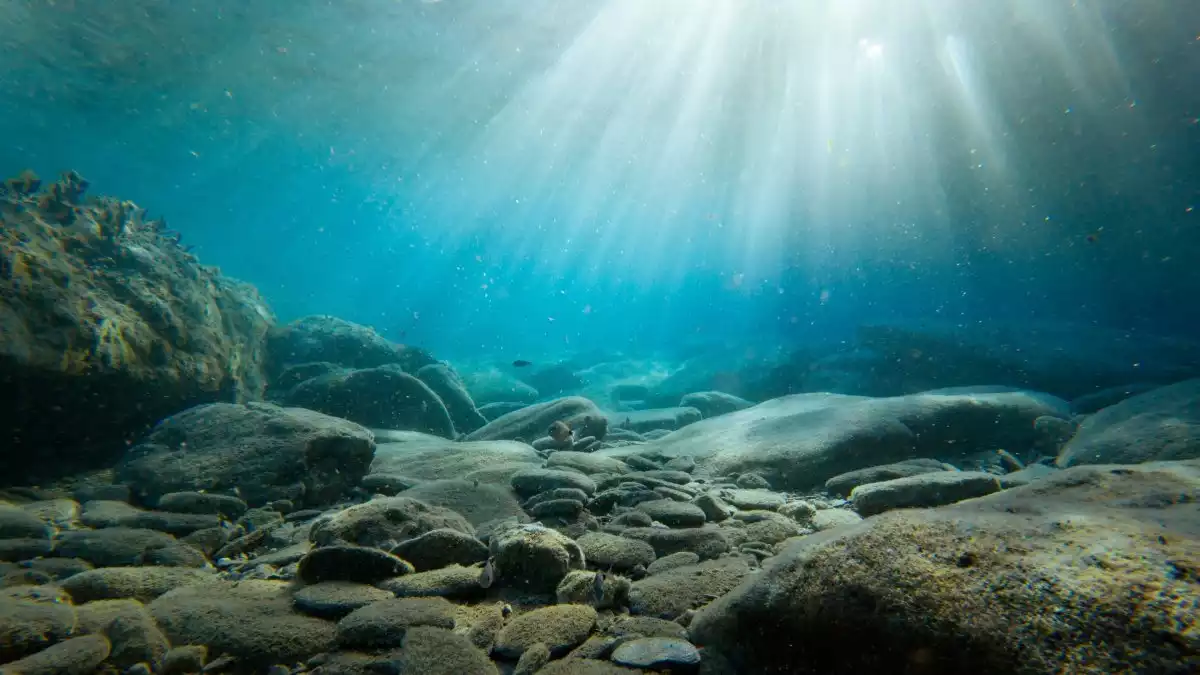
Water is a molecule composed of two atoms of hydrogen and one of oxygen (H2O) that has allowed life on Planet Earth and on which we depend to exist.
The properties of water, both physical and chemical, are the ones that explain why it is such an important and unique element. Water has exceptional features that give it a great value at many levels; not only for life in general, like we've just said, but also for industry and engineering.
General properties of water
We start the list of water properties focusing on general characteristics. A selection of easy facts to understand and remember about different aspects.
1. It is part of the Earth's surface
It covers 71% of the surface of our planet. In fact, nearly a complete side of the Earth is entirely blue, although it is reduced in the maps we usually take a look at.
2. It is in the oceans
If we have just said that one of the properties of water is that it covers 71% of the planet's surface, the truth is that 96.5% of the world's water is in the oceans.
3. Water in industry
Of all the water consumed in the world, about 20% of drinking water is used by industry to cool, transport, and dissolve elements.
4. Water at home
Besides what it is thought, one of the water properties is that only 10% is destined to drink and to houses in general. The rest, to everything else.
5. Water in agriculture
We have already talked about a 20% for industry, a 10% for home, well, the 70% left is destined to agriculture.
6. Future shortage
According to the FAO (Food and Agriculture Organization of the United Nations), in 2030 1 in 5 countries will have a shortage of (potable) water.
7. Water in the Universe
Most of the water that exists in the Universe is in the form of ice or steam. This is due to two of the physical properties of water, its evaporation point and its freezing point.
8. Water in the Solar System
Mercury has a considerable amount of water on the exosphere, Venus and Jupiter have fewer quantities in the atmosphere. Enceladus (Saturn's moon) has an atmosphere composed of 91% water, and it is said that it also has oceans.
Mars has different quantities depending on the place and the season.

Physical properties of water
We continue our list of water properties talking about the physical properties of it. Many of these properties can be studied in areas such as the field of fluid mechanics.
9. Condensation
We start with one of the most striking physical properties of water. It is when water goes from gaseous to liquid. This happens when the temperature starts decreasing from 100ºC (with a pressure of 1 atmosphere).
10. Solidification
Solidification is another physical property of water and any chemical compound. This takes place when the temperature starts to fall below 0ºC, as long as the water has walls close by. If it has not, it will have to go below -42ºC approximately. Always assuming the pressure is 1 atm.
11. Fusion
This water property explains the passage from solid to liquid by the application of heat. It is 0°C (or more).
12. Evaporation
Evaporation is the change from liquid to gaseous. This is the case of water happens when the temperature rises to more than 100ºC.
13. Density
The density of (pure) water is 1g/cm3. In other words, one cubic centimeter of water weighs 1 gram. On the other hand, a very particular characteristic of water compared to other elements is that in the solid state, the density decreases (that is why ice floats in the water).
14. Specific heat
The specific heat is a very complex property of water. It describes the amount of heat needed to raise the temperature of 1 gram of water by 1 ºC. This value is 1 cal/gºC.
15. Boiling point
It is the temperature needed so that the pressure of the steam there is in a liquid (in this case, water) is the same as the pressure of the external atmosphere. In this case, it coincides with the evaporation temperature: 100ºC.

Chemical properties of water
At an atomic level, water has extraordinary characteristics that confer the physical and general characteristics that we know.
16. Odorless
It does not release any element that activates the olfactory papillae.
17. Colorless
A feature of water that we could incorporate in physical characteristics, but that is explained by clearly chemical reasons. The rays of light go straight through it, so as they do not bounce off, it has no color.
18. Insipid
It has no taste.
19. H2O
Its chemical compound is known by everyone around the world. Two molecules of hydrogen and one of oxygen. Oxygenated water, for instance, would have two of hydrogen and two of oxygen.
20. Crystalline structure
The crystalline structure of water is the most striking chemical property of water. By explicitly constructing hexagons, this molecule has different properties thanks to this structure.
21. Acidity
The water's acidity is 15,74 pKa.
22. Dipole moment
The dipole moment is one of the properties of water that is very important to understand its functioning and interaction with electrical charges. It has a value of 1.85D.

